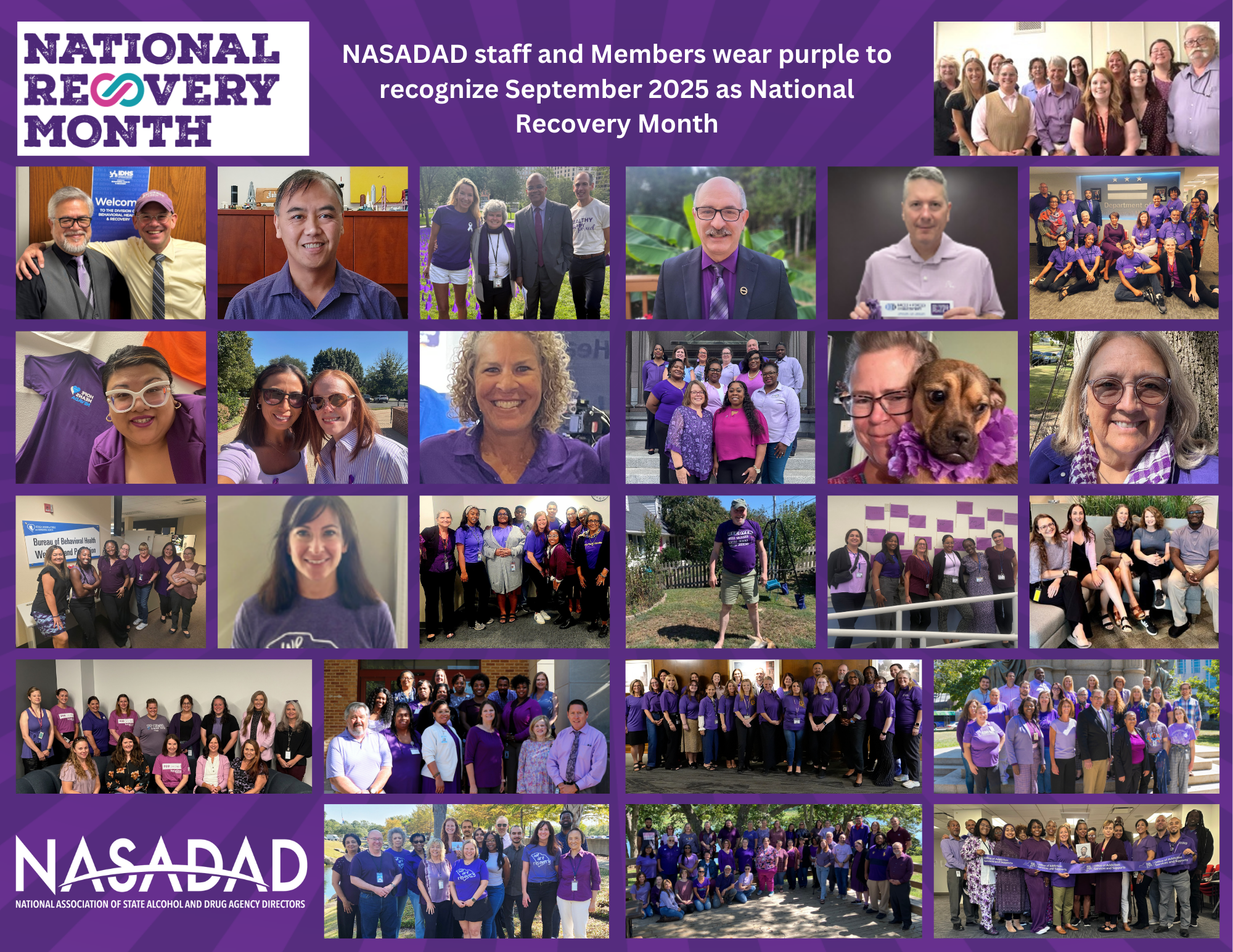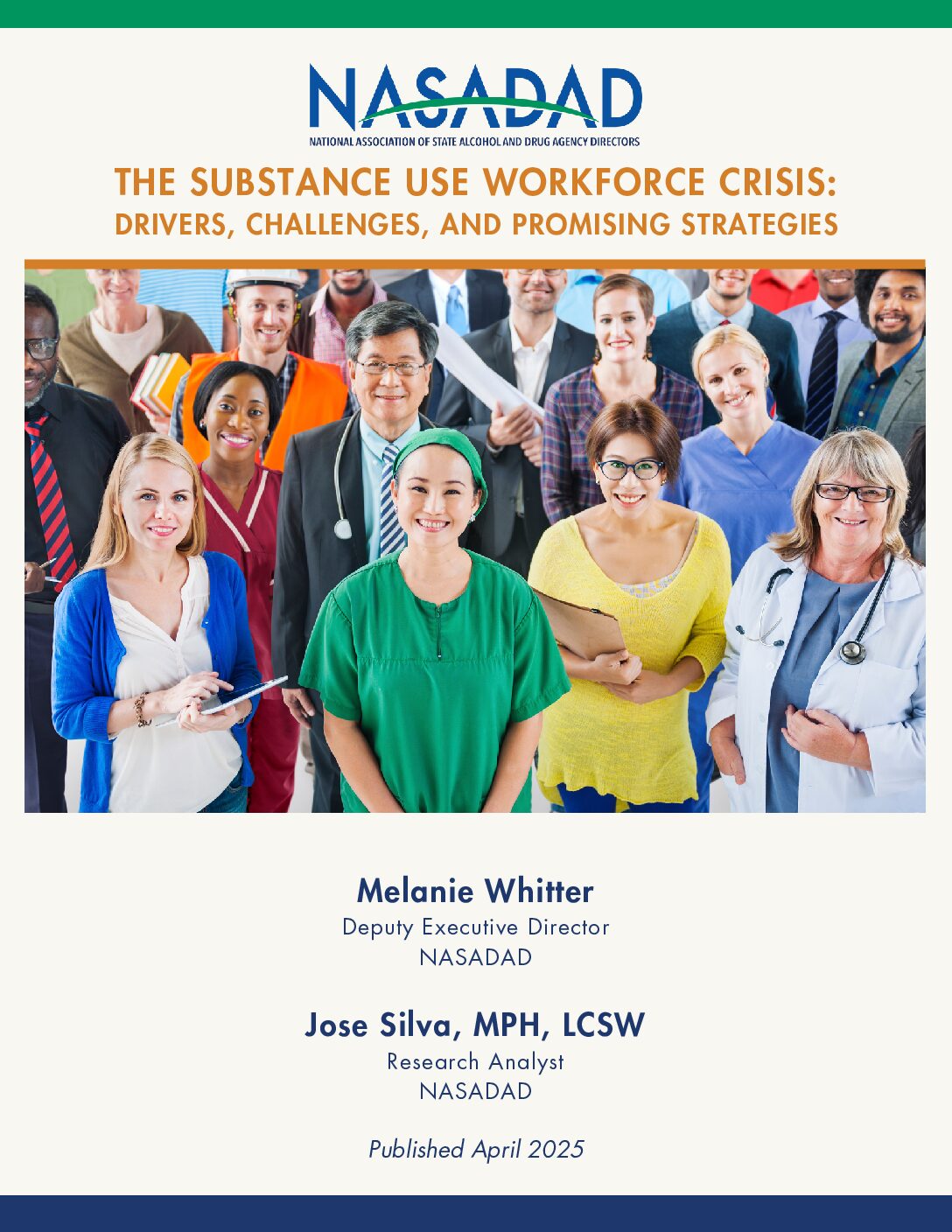On Friday, November 14, NASADAD, in collaboration with the National Alliance for Recovery Residences (NARR) and 13 other recovery-related organizations, sent a letter to Senate and House Appropriations Committee Leadership and Leadership of the Senate and House Appropriations Subcommittee on Transportation, Housing and Urban Development, and Related Agencies seeking level funding for the Department of Housing and Urban Development’s (HUD) Recovery Housing Program (RHP) for Fiscal Year (FY) 2026 at $30 million.
Authorized by Section 8071 of the SUPPORT for Patients and Communities Act (P.L. 115-271) as the Pilot Program To Help Individuals In Recovery From A Substance Use Disorder Become Stably Housed for FY 2019 – 2023, HUD’s RHP provides funding to States to support the brick-and-mortar aspects of recovery housing. Specifically, RHP provides grants to States, based on a HUD formula, to provide stable, transitional housing for individuals who are in recovery from a substance use disorder (SUD). RHP funds can be used to help States acquire, build, or rehabilitate recovery housing facilities, including payment of leases, rent, and utilities, as well as relocation, among other uses. The program is designed to help people in recovery achieve self-sufficiency and independent living by providing temporary recovery housing free from substance use, with the goal of connecting them with permanent housing.
Both the House and Senate-passed versions of the SUPPORT for Patients and Communities Reauthorization Act of 2025 (H.R.2483) contain provisions to reauthorize RHP (Section 8071) through FY 2030.

